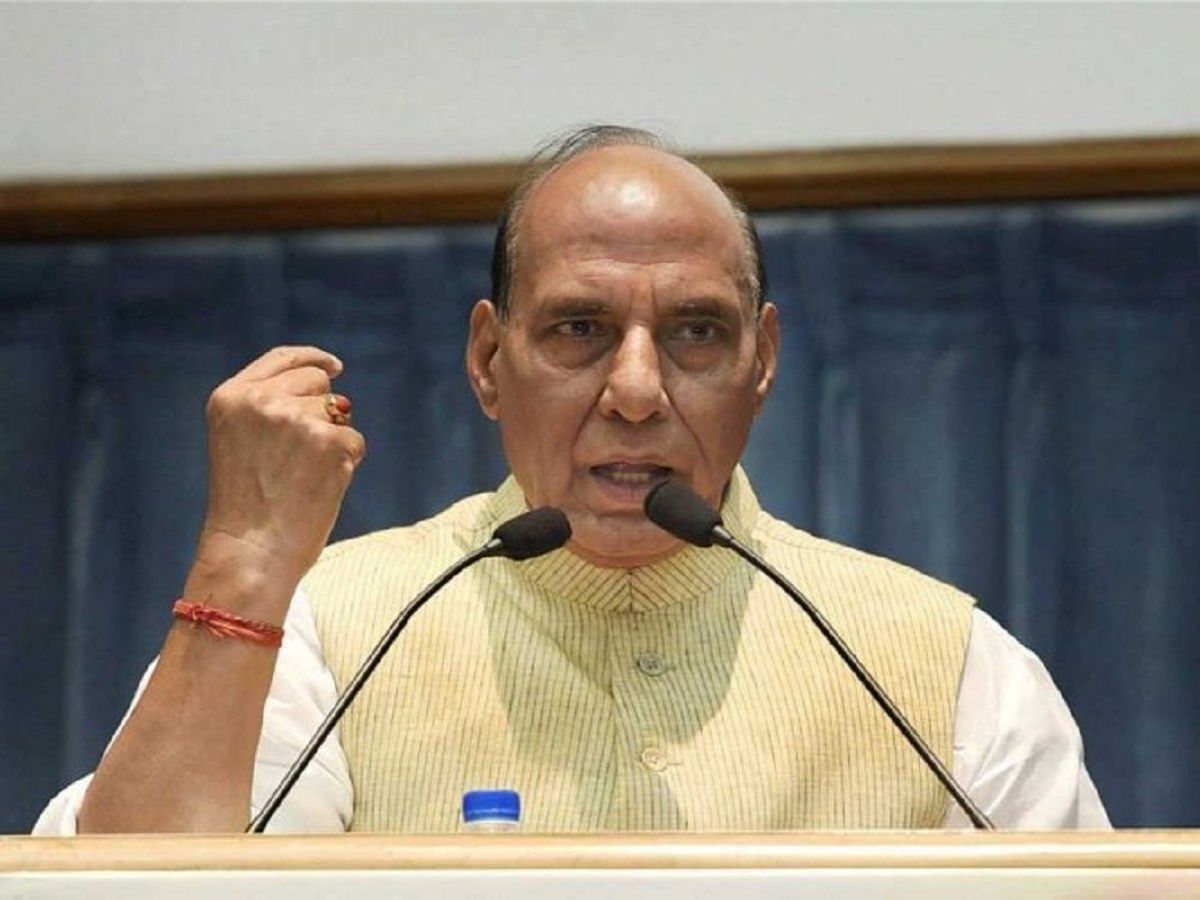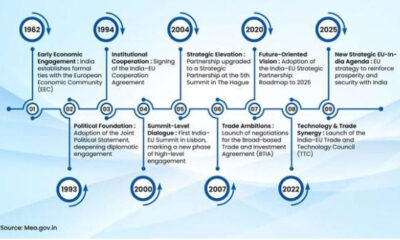Key points:
- I’m inviting them for discussions. I am the Minister of Defence, but as a farmer’s son, I welcome them.
- I can say this with assurance because I have read every provision of the bills.
- As regards the issue of the procurement of grains at minimum support rates, it has continued and will continue to do so in the future.
On Thursday, Defense Minister Rajnath Singh said a set of laws recently enacted to liberalize the farm sector would “mainly benefit” the farming community as well as he was prepared to discuss with protesting farmers all outstanding issues.
Rajnath Singh stated during the HT Leadership Summit:
Speaking at the 2020 HT Leadership Summit, Singh said: ‘I want to convince this country’s farmers. They need to stop their restlessness.
I’m inviting them for discussions. I am the Minister of Defence, but as a farmer’s son, I welcome them. We’ll never be able to trick farmers.
The recent reforms will result in higher farm incomes, Singh said. As the son of a farmer, I can guarantee that in the next four to five years, the results will be noticeable. There will be an improvement in the earnings of farmers,’ he said.
Defense Minister on the Bill passed:
The laws will not harm the interests of farmers in any way, the defence minister stated. The mandi (procurement system) will not stop and will continue,” he said, “I can say this with assurance because I have read every provision of the bills.
As regards the issue of the procurement of grains at minimum support rates, it has continued and will continue to do so in the future. In fact, the government will buy more quantities in the future than it has in the past,’ said the Minister of Defense.
The Defense Minister’s comments came on the day the police detained hundreds of farmers in Haryana as well as tightened protection on the Delhi-Haryana border to stop farmers from crossing the national capital, where protests were scheduled.
Farmers from Punjab, Haryana, and other states are protesting against a collection of laws passed by Parliament in September to start opening the country’s agricultural markets as well as allow agribusinesses to trade unregulated agricultural produce openly.
Farmers say the reforms will make them susceptible to exploitation through multinational companies and weaken the minimum support price (MSP) regime of the government.






























